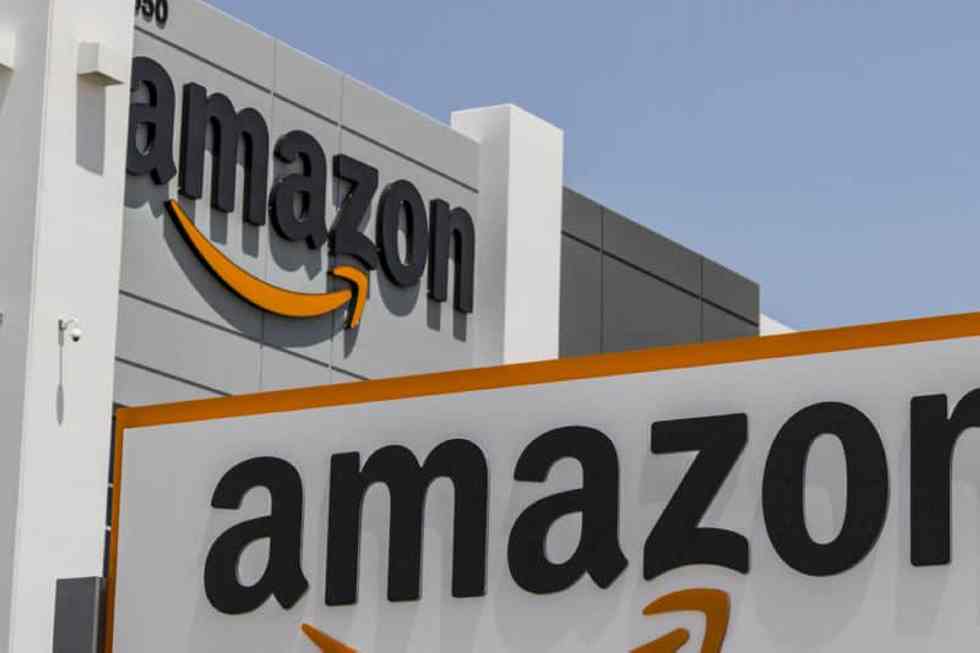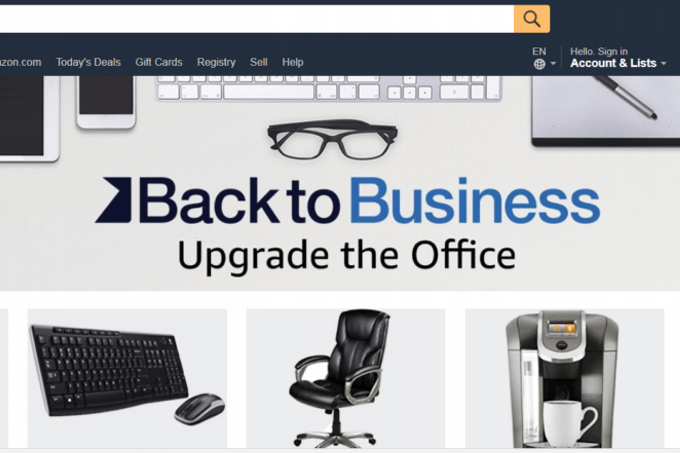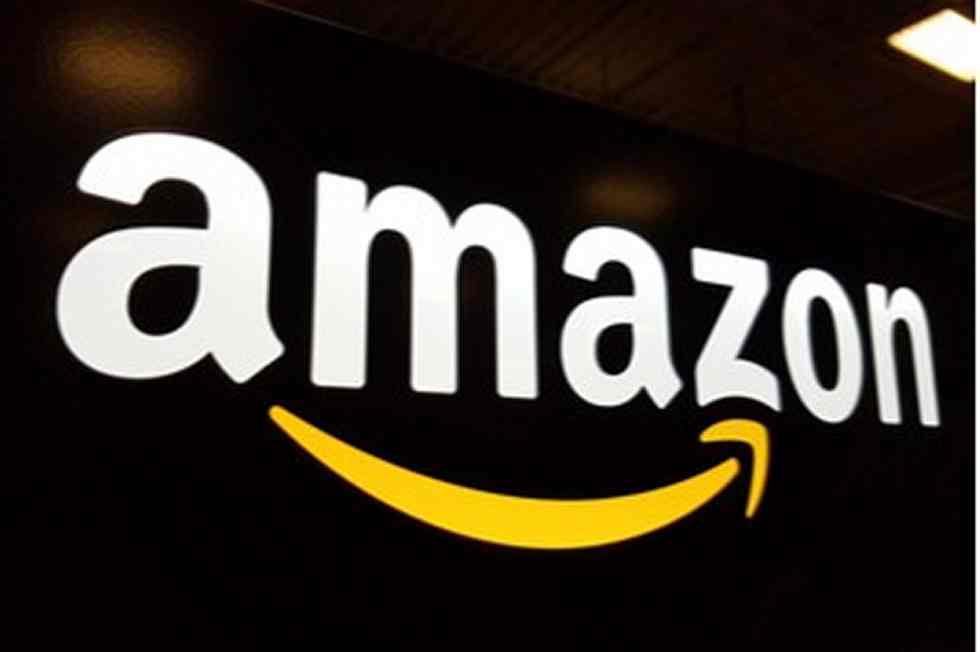
Everyone seems to be conscious of the ability of Amazon. The Seattle-based ecommerce powerhouse is a drive in each the patron house and in internet companies with gross sales throughout all enterprise segments totaling US$233 billion in 2018. A small fraction of that huge determine is attributable to a latest enterprise that’s poised to upend established B2B suppliers.
Amazon Enterprise is the corporate’s slumbering big. Launched in 2015, the B2B platform permits firms to buy nearly something—computer systems, workplace provides, medical provides, industrial instruments, auto elements, you identify it. With a reported 100 million merchandise in its market—greater than on the patron website—Amazon Enterprise zoomed from $1 billion in annual gross sales one yr after launch to an astounding $10 billion simply three years later.
Theophila Lee
Amazon administration views Amazon Enterprise as an under-appreciated alternative for traders—however it probably gained’t keep that method for lengthy. Some analysts predict the platform will surpass the corporate’s shopper website in gross sales sooner or later.
One Million Prospects and Counting
What’s driving Amazon Enterprise’s phenomenal development? Begin with the truth that it affords options related to people who make Amazon’s business-to-consumer website so wildly in style: opinions, product specs, limitless aisles and two-day delivery. Amazon Enterprise Prime (priced from $179 – $10K yearly) provides to the attraction. The enterprise platform stands out with 5% again or 90-day phrases (with Amazon Enterprise Prime American Categorical), multi-user accounts, guided shopping for, approval workflow, cost options, tax exemptions, devoted customer support and spend visibility.
Already established in eight international locations— the U.S., U.Okay., Germany, France, Italy, Spain, India and Japan—with plans to broaden, world success for this enterprise appears inevitable. Along with Amazon-stocked merchandise—together with Amazon Fundamentals, together with pc equipment and different electronics merchandise—lots of of 1000’s of third-party sellers reside on the platform, starting from mom-and-pop retailers to giant firms. Certainly, half of Amazon Enterprise’s annual gross sales come from these sellers, which supplies its reported a million prospects the chance to seek out new sources for items they may not in any other case have found, similar to native suppliers and minority- and women-owned companies.
Simply how highly effective has Amazon Enterprise change into in 4 years? The scale and scale of a few of its prospects within the U.S. alone give a sign:
- 80% of the 100 largest enrollment schooling organizations
- 55 of the Fortune 100 firms
- Greater than half of the 100 largest hospital programs
- Greater than 40% of the 100 most populous native governments
Distributors beneath Risk
Simply as with the patron website, the rise of Amazon Enterprise threatens to disrupt quite a lot of established industries, with three sorts of distributors notably susceptible: industrial, medical and auto provide chain. Right here’s what they will count on:
Industrial Provide: Amazon’s largest play is within the upkeep, restore and operations (MRO) section, the place prospects buy items on a per-piece foundation on-line, and don’t want technical help or experience. Amazon’s higher catalogue depth and decrease costs, in comparison with high distributors in objects similar to switches, conduits and wiring connectors, give it a bonus. (Impacted opponents embrace: MSC Industrial Provide and W.W. Grainger.)
Medical Provide: Medical and dental provide is one other probably space of disruption. Medical professionals have indicated that they discover Amazon particularly compelling for commodity merchandise similar to surgical provides, catheters, syringes, needles, scientific swabs and cotton balls, and fundamental gear like stethoscopes and forceps. In actual fact, a Response Knowledge survey of 151 hospital CEOs and executives confirmed that 62% point out they help Amazon’s arrival, given its monitor document of decrease prices and quick supply. (Impacted opponents embrace: Cardinal Well being and Henry Schein.)
Auto Provide Chain: Amazon lately accelerated efforts to promote automotive tires, batteries and equipment and is slicing into the DIY and “do-it-for-me” markets with fundamental auto elements, wiper blades, cleansing kits and equipment. A partnership with Sears permits prospects to buy tires from Amazon and have them shipped to an area Sears Auto Heart for set up. Comparable ship-to-store partnerships exist with auto elements and companies chains operated by Pep Boys and by Monro Inc.. Such direct relationships with auto elements suppliers and installers are prone to reduce out middlemen. (Impacted opponents embrace: Advance Auto Elements, Auto Zone, and O’Reilly Auto Elements.)
Different Suppliers: Further industries susceptible to disruption embrace workplace suppliers similar to Workplace Depot and Staples; workplace, snack and pantry items distributors similar to Snack Nation and Nature Field; and small-scale house development, which incorporates Residence Depot and Ferguson.
How Distributors Can Compete
In a 2018 survey of 244 producers, distributors and wholesalers performed by Unilog, Amazon Enterprise was named as the highest menace to their existence. But greater than half (52%) of the respondents admitted they don’t have a technique to compete. On the identical time, 43% mentioned they promote direct on Amazon Enterprise, usually bypassing their conventional distributors.
As dire because the scenario could appear, present distributors can compete by enjoying to their strengths in two areas the place Amazon Enterprise is missing: (1) same-day supply, and (2) private contact and value-added capabilities.
Industrial Provide: Worth-added distribution companies and technical experience give suppliers on this section a significant benefit. Examples embrace educated customer support, tailor-made relationships and govt consideration when a problem arises. The main focus ought to be on giant contracts, versus small- and medium-sized.
Medical Provide: Having trade information is a giant plus right here, with consciousness of advanced buying procedures in hospitals and managing troublesome and/or recurring supply deadlines that can not be missed. Amazon can be hard-pressed to honor present common buying group (GPO) contracts that dominate healthcare. Coping with the pink tape so attribute to the trade may also be a problem.
Auto Provide: Current gamers similar to Advance Auto Elements (AAP) have intensive logistics and provide chain networks that may ship elements to mechanics and automotive homeowners sooner than Amazon. Inside this scope, supplying cumbersome, advanced elements similar to engines, crankshafts and flywheels for skilled set up give AAP a bonus.
Different Suppliers: Greater-margin value-added enterprise companies similar to copying, IT help, enterprise recommendation/teaching, advertising help and staffing are all areas the place workplace provide firms are competing. Snack and pantry items distributors should additionally discover areas of differentiation, similar to snack packages, dietary and allergy choices and subscriptions the place they will ship incremental worth.
From Tremors to an Earthquake
Amazon Enterprise represents solely a fraction of Amazon’s general income and, subsequently doesn’t obtain as a lot consideration from the corporate itself in its monetary reporting. Certainly, Amazon Enterprise just isn’t damaged out and even listed within the firm’s year-end 10K report amongst its three reportable segments: North America, Amazon Internet Companies (cloud companies) and Worldwide.
Or, maybe Amazon Enterprise is solely inflicting tremors within the B2B setting at this level. That’s sure to vary within the subsequent few years; it’s very probably {that a} proliferation of distressed distributors will cite the corporate as a key wrongdoer of their first-day motions throughout Chapter 11 chapter proceedings.
Amazon Enterprise is the enormous hidden inside a a lot larger big. Its breakout second is at hand.
Christa Hart is a senior managing director and Theophila Lee a marketing consultant, every specializing in retail and shopper merchandise throughout the Enterprise Transformation follow at FTI Consulting, a worldwide enterprise advisory agency. They’re additionally contributors to the FTI Journal.
Favourite



















